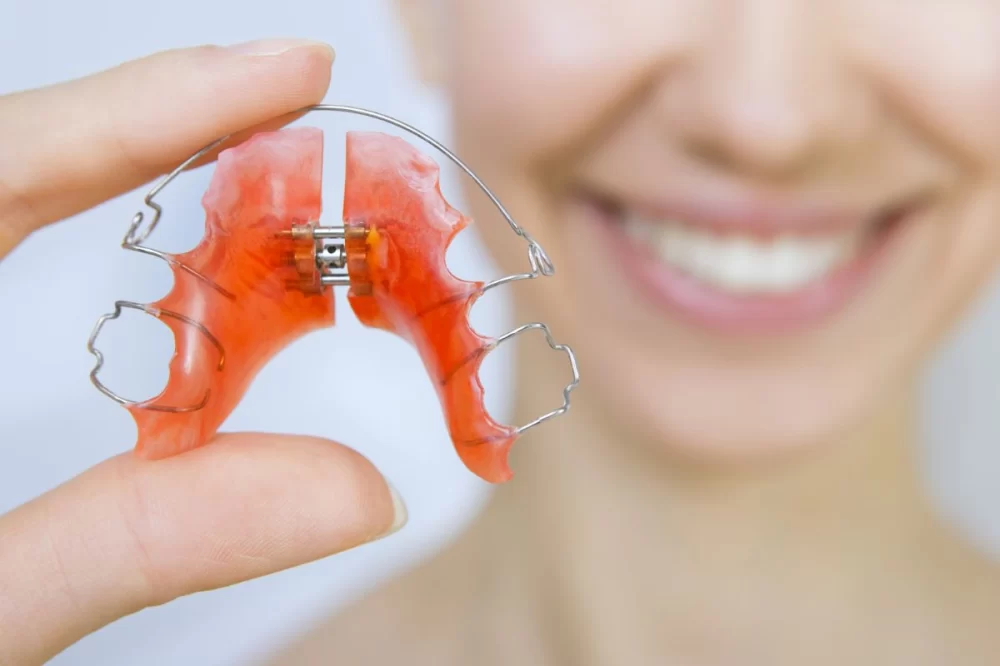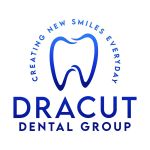
- Why Is It Important to Maintain Dental Health with Retainers?
- How to Care for Your Teeth While Wearing Retainers
- Cleaning and Maintenance Tips for Retainers
- Foods to Avoid When Wearing Retainers
- When to Seek Professional Help for Retainer Issues
Why Is It Important to Maintain Dental Health with Retainers?
Retainers are essential for maintaining your smile after orthodontic treatments. However, their presence can sometimes create new challenges for your dental health. The importance of maintaining proper dental care while wearing retainers cannot be overstated. Poor oral hygiene can lead to plaque buildup, gum disease, and even cavities, which are more likely to form around the retainer's surface. To avoid these complications, it’s crucial to stay proactive about your oral hygiene.
Wearing retainers not only ensures that your teeth stay aligned, but it also requires diligent care. Neglecting this responsibility can result in unpleasant consequences like bad breath, tooth decay, or even discoloration of the retainer itself. At Dentistry Toothtruth, you can find helpful products and tips to support your retainer maintenance.
How to Care for Your Teeth While Wearing Retainers
Maintaining your dental health with retainers goes beyond simply wearing them as prescribed. Here’s how to care for your teeth while using retainers:
- Brush your teeth regularly: It's essential to brush your teeth after every meal to prevent food particles from getting trapped in your retainer. Use fluoride toothpaste to help prevent cavities and ensure your teeth remain clean.
- Floss daily: Flossing removes debris and plaque from between your teeth and around the retainer, areas that are hard to reach with just a toothbrush.
- Clean your retainer: Your retainer should be cleaned daily with lukewarm water and a soft toothbrush. Avoid using hot water, as it can warp the retainer. Consider using retainer cleaning tablets or solutions to keep it fresh.
By following these simple steps, you can prevent many of the common oral health issues that come with wearing retainers.
Cleaning and Maintenance Tips for Retainers
Proper cleaning of your retainer is just as important as caring for your teeth. Here are some cleaning tips to keep your retainer in optimal condition:
- Regular soaking: Soak your retainer in a specialized cleaner or retainer disinfectant at least once a week. This helps remove bacteria, tartar buildup, and any lingering odors.
- Deep cleaning: If your retainer develops stubborn stains, you can use a mixture of baking soda and water to gently scrub it. Avoid abrasive cleaning tools that could scratch the surface.
- Avoid harsh chemicals: Never clean your retainer with bleach or harsh household cleaners. These chemicals can damage the retainer’s surface and lead to discoloration.
Sticking to these practices can prolong the lifespan of your retainer and ensure that your teeth remain healthy throughout your orthodontic journey.
Foods to Avoid When Wearing Retainers
While wearing retainers, it's important to be cautious about what you eat. Certain foods can damage your retainer or cause harm to your teeth:
- Sticky foods: Foods like caramel, taffy, or gum can stick to your retainer and cause buildup or even dislodge it. Try to avoid these sticky snacks, or remove your retainer before eating them.
- Hard foods: Crunchy foods like hard candies, ice, and raw vegetables can crack or distort your retainer. These foods should be eaten with caution or avoided altogether.
- Acidic drinks: Citrus drinks, soda, and other acidic beverages can weaken the structure of your retainer and may contribute to tooth decay. Drink plenty of water to keep your teeth and retainer in good condition.
Being mindful of these foods will help protect both your teeth and your retainer from damage.
When to Seek Professional Help for Retainer Issues
Even with the best care, you may encounter issues with your retainer. If you experience any of the following problems, it’s time to contact a dental professional:
- Discomfort or pain: If your retainer causes discomfort or pain that doesn't subside after a few days, it could be misaligned or need adjustments. A dentist or orthodontist can fix it for you.
- Visible damage: If your retainer is cracked, warped, or has any other visible damage, it may no longer be effective. A new retainer may be needed.
- Bad odors: Persistent bad odors, even after cleaning, could indicate that your retainer needs professional cleaning or replacement.
Seeking help from a professional at Dentistry Toothtruth ensures that your retainer remains effective and your dental health is protected.







 Kathleen Thieu, DDS, MS4.0 (16 review)
Kathleen Thieu, DDS, MS4.0 (16 review) EZ Dental Specialty Group3.0 (20 review)
EZ Dental Specialty Group3.0 (20 review) Tender Smiles 4 Kids4.0 (450 review)
Tender Smiles 4 Kids4.0 (450 review) Summit Dental Specialists5.0 (13 review)
Summit Dental Specialists5.0 (13 review) Dracut Dental Group5.0 (268 review)
Dracut Dental Group5.0 (268 review) Nashua Cosmetic & Restorative Dentistry, PLLC4.0 (51 review)
Nashua Cosmetic & Restorative Dentistry, PLLC4.0 (51 review) The Importance of Oral Health Education During Pregnancy for a Healthy Pregnancy
The Importance of Oral Health Education During Pregnancy for a Healthy Pregnancy Best Tips for Brushing Your Teeth Properly for Healthy Gums: Essential Techniques for Oral Health
Best Tips for Brushing Your Teeth Properly for Healthy Gums: Essential Techniques for Oral Health Why Skipping Dental Checkups Can Lead to Bigger Oral Health Problems
Why Skipping Dental Checkups Can Lead to Bigger Oral Health Problems Advantages of Porcelain Dental Restorations
Advantages of Porcelain Dental Restorations How Can Diabetes Cause Tooth and Gum Problems? Preventing and Managing Oral Health Issues
How Can Diabetes Cause Tooth and Gum Problems? Preventing and Managing Oral Health Issues Healthy Habits for Promoting Good Oral Health and Hygiene: Tips for a Healthy Smile
Healthy Habits for Promoting Good Oral Health and Hygiene: Tips for a Healthy Smile